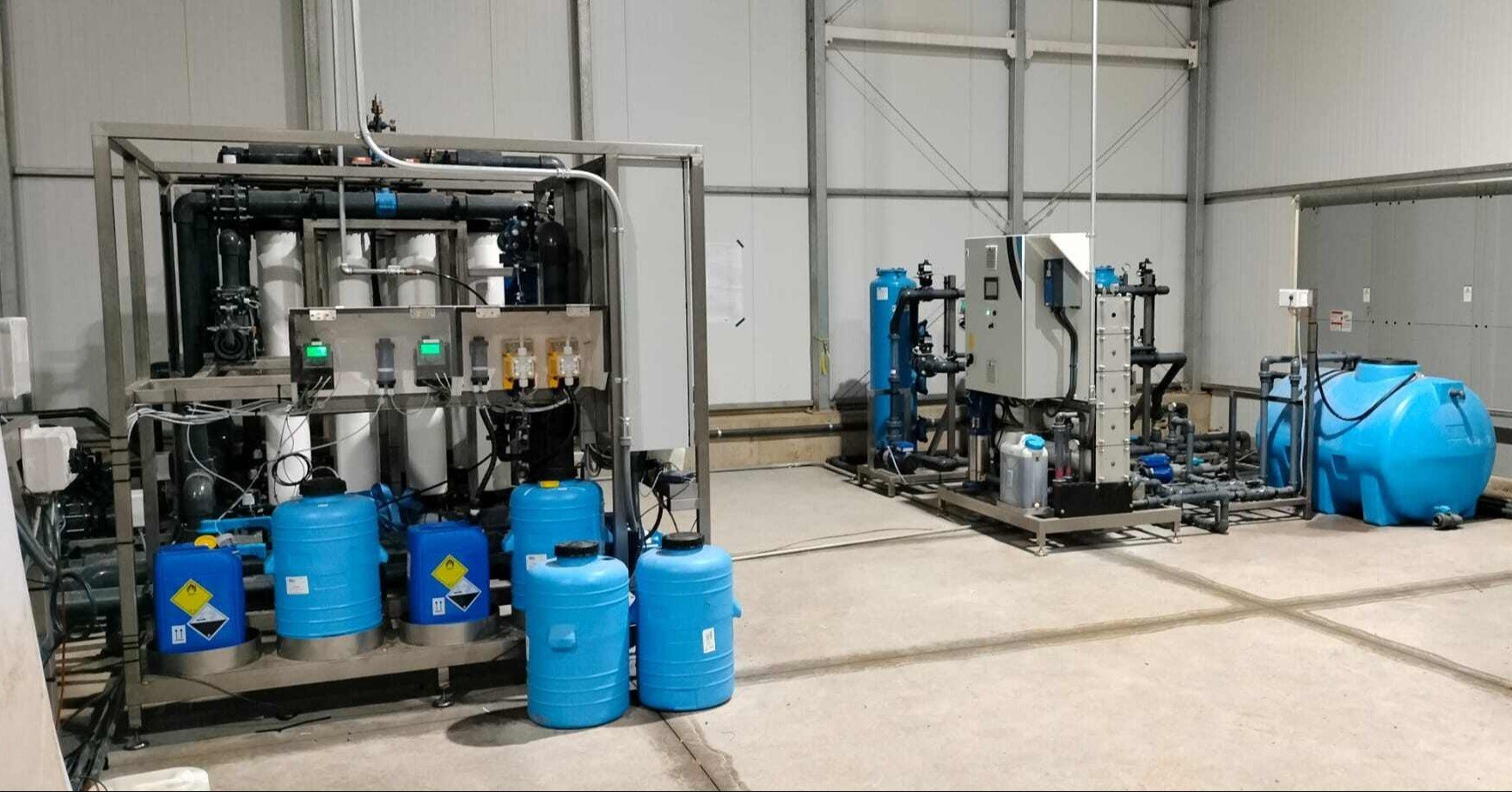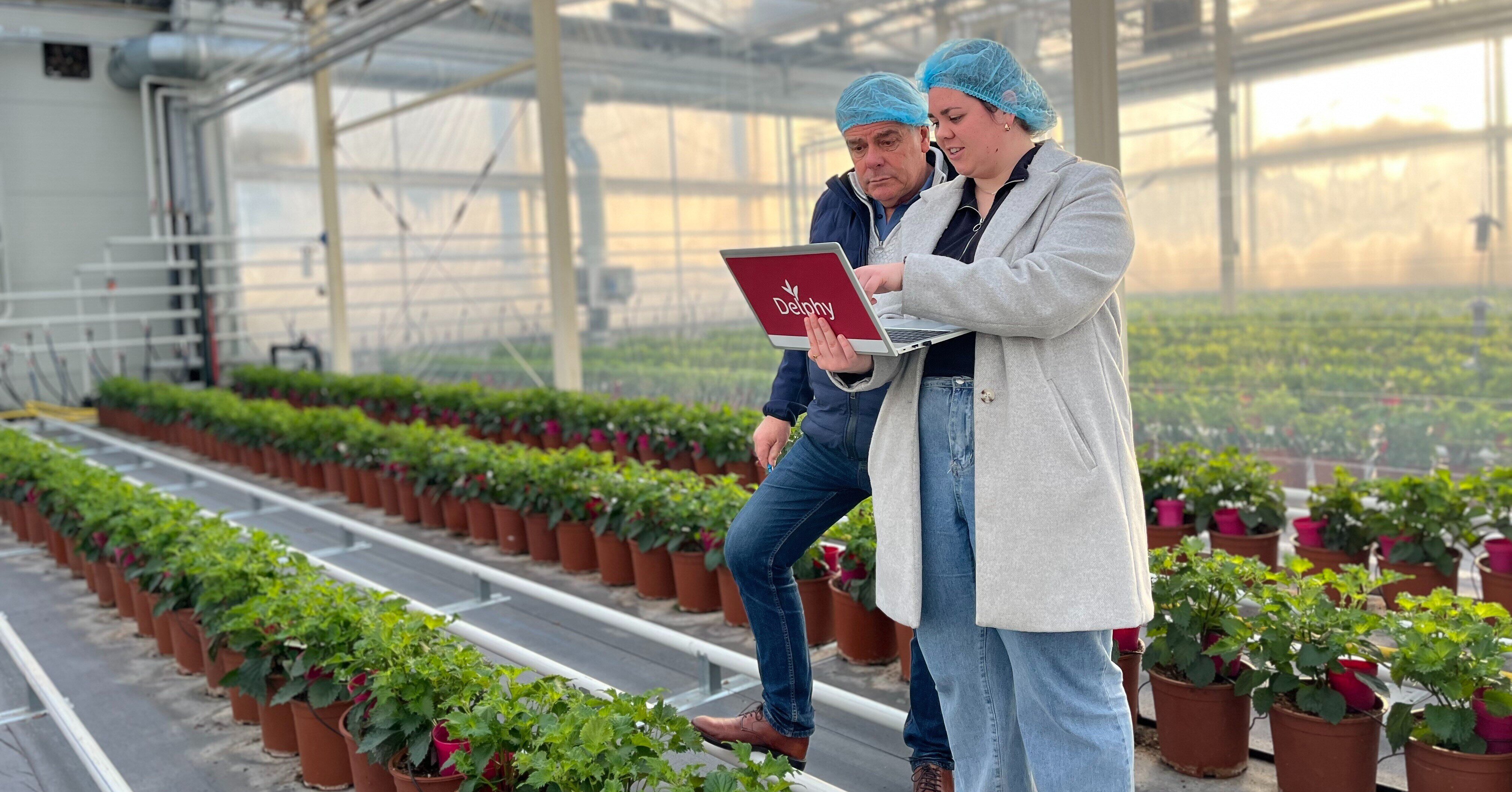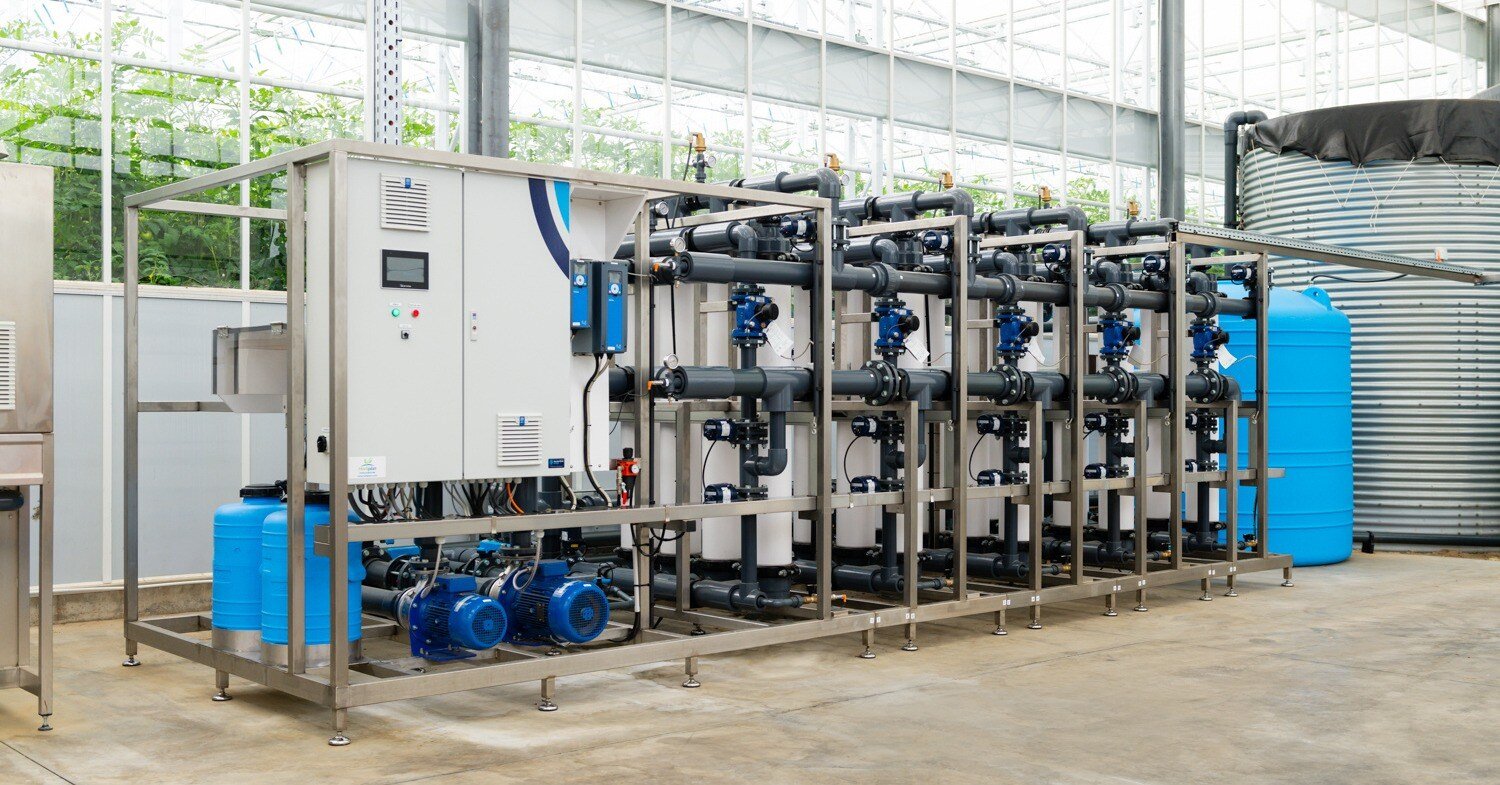- Prefer direct contact? +31 (0)79 593 38 00
- Language: English
Blog: How can you stand out from the crowd as a grower of pot plants?
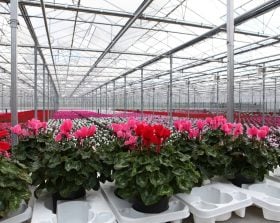
Blog: How can you stand out from the crowd as a grower of pot plants?
Sep 8, 2021 4:27:57 PM
It is clear to everyone that the world is changing rapidly. The agricultural sector is also being transformed. To take just one example, there is increasing interest in multilayer cultivation and ‘urban agriculture’, a development I am following with great interest. Are we looking at a future with cultivation floors on apartment buildings in the heart of Rotterdam, Vancouver or Paris? I am convinced that the ErfGoedFloor will also be the perfect solution here, particularly because of the precise climate regulation that this cultivation system can provide. But that is still a long way off.
Things are much better
The changes in horticulture are primarily due to the crisis, which hit the sector hard in recent years. That has been a wake-up call for many growers and it has changed how they think about the future. And, of course, the sector is doing much better at the moment. There is a general upturn and so growers are willing to invest again. And that is driving numerous new developments.
How can you stand out from the crowd?
In the past, the focus was mainly on cost control but the emphasis has now shifted to returns. ‘What will that investment do for me in the long term? What opportunities will this new step open up for me?’ These questions result in entirely different approaches to negotiations and sales. Moreover, discussions concentrate much more on issues such as ‘where do you want to be in three years from now?’ or ‘what really makes you stand out?’ These questions are also central in ‘Figures & Trends in pot-plant cultivation‘, a report from the Rabobank.
Sustainability is today’s theme
The report also discusses sustainability in the sector at length. According to the bank, growers can distinguish themselves positively by adopting a sustainable approach to water, energy, fertilisers, crop protection and waste flows. Consumers are increasingly sensitive to these issues. So the challenge facing growers is not only to grow sustainably, but also to market the sustainability of their products so that consumers will actually be in the position to make an informed choice. The Rabobank is in favour of a quality label.
Plants live longer!
At ErfGoed, we have already been thinking about a quality label, or at least some sort of approval system, for some time now: ‘This plant was grown on an ErfGoedFloor.’ ‘So what?’, you may think. However, the experience of growers and recent tests have demonstrated loud and clear that plants grown on our cultivation floor are stronger and more vigorous than plants from another cultivation system. And so they live longer!
A new selling point
This is an argument that was sometimes dismissed with a shrug in the past. But now, given consumers’ increasingly vocal demands, it is becoming ever more important. So growers who use our cultivation floor, or who plan to do so, now have a new selling point! One that is genuinely relevant these days.
In addition to the fact that growers who work with a cultivation floor score high in terms of sustainability – because of the huge savings in water, fertilizers, energy and pesticides (with this last point being confirmed by the MPS registration figures; see my earlier blog) – their plants also live longer. Now that really is a distinctive selling point!
If you would like to talk about these issues in greater detail, feel free to send me an email or give me a call.
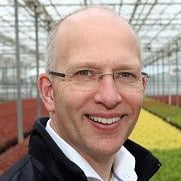
Hugo Paans
CEO

